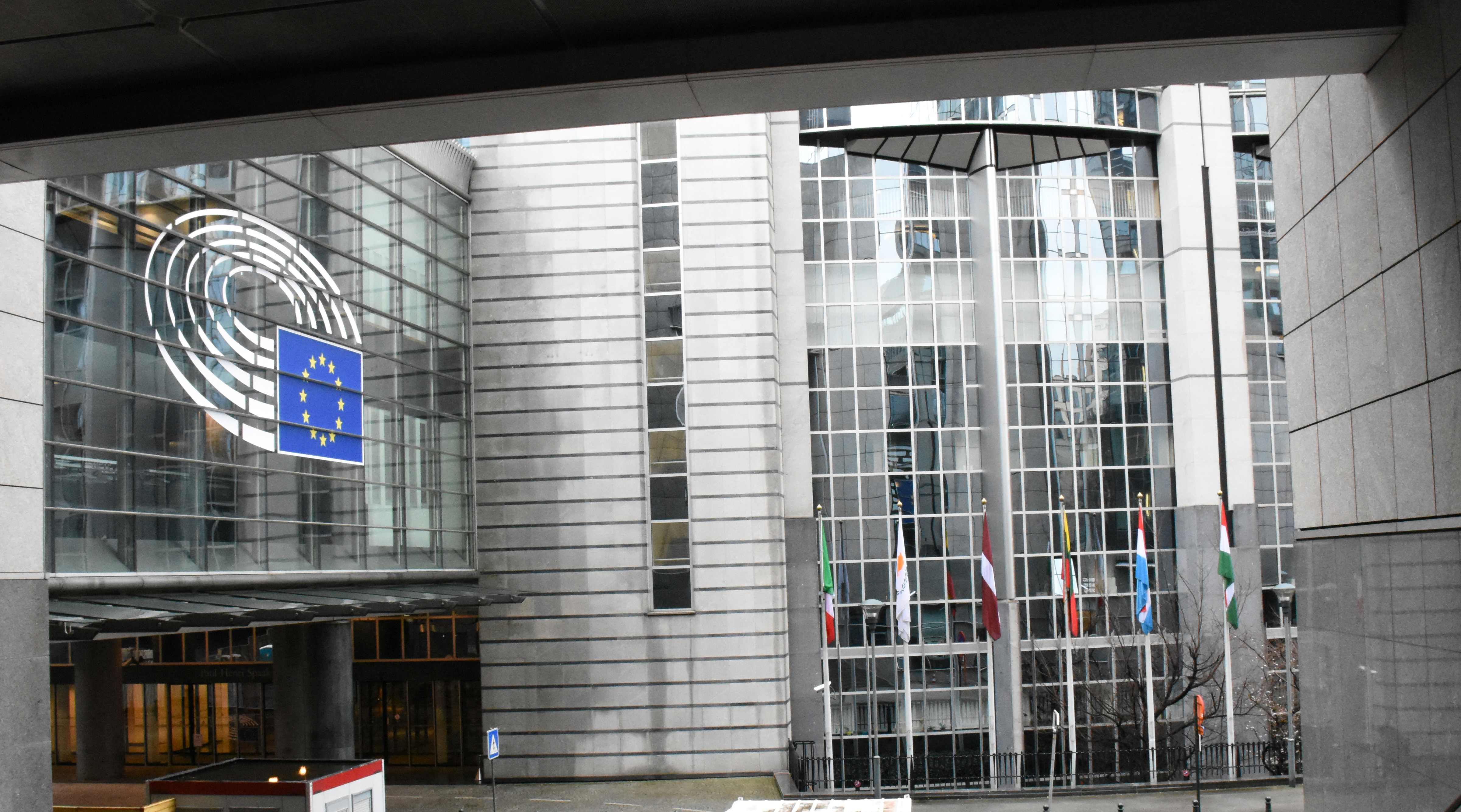Politics is normally associated with the exercise of public power in society, the power that is seen and exercised by elected bodies and through government agencies of various types. This is one central element of the study of politics, since such decisions create the preconditions and context for other political relationships and contexts. But we meet politics in all parts of life. It is a very old idea that humans are fundamentally political beings. That which makes us human is that we are placed into a context with other people, and we must therefore agree on how to organise our common life. Thus, we find politics in private contexts such as workplaces, in social bodies and organisations, and in the family and the home.
In today’s world, our everyday life is influenced not only by decisions made in the municipality or in the Swedish parliament, but also by EU regulations and institutions, and by global negotiations. Thus, our research moves between the local society and international politics.
When we understand how policy is formed and functions in both the public and private spheres, we can also understand how resources are distributed, who is given power, and the consequences of these decisions. This is why in our research we describe the nature of political relationships and contexts, and their results. We describe, for example, how international climate negotiations are carried out, who is allowed to participate and who is excluded, the questions that are discussed and the solutions that are chosen.
Research in politics often has also a normative aspect, stating how society should be controlled and organised. This may take up such values as democratic participation, justice and efficiency. In addition to the normative and descriptive aspects of our research, it can contribute also constructive suggestions. One example is how democratic participation can be strengthened, while another is how public administration can manage common resources better with the aid of new technology, while preserving legal certainty and democracy. In a democratic society, research is needed that critically and constructively studies politics, and brings new knowledge to societal debate.


